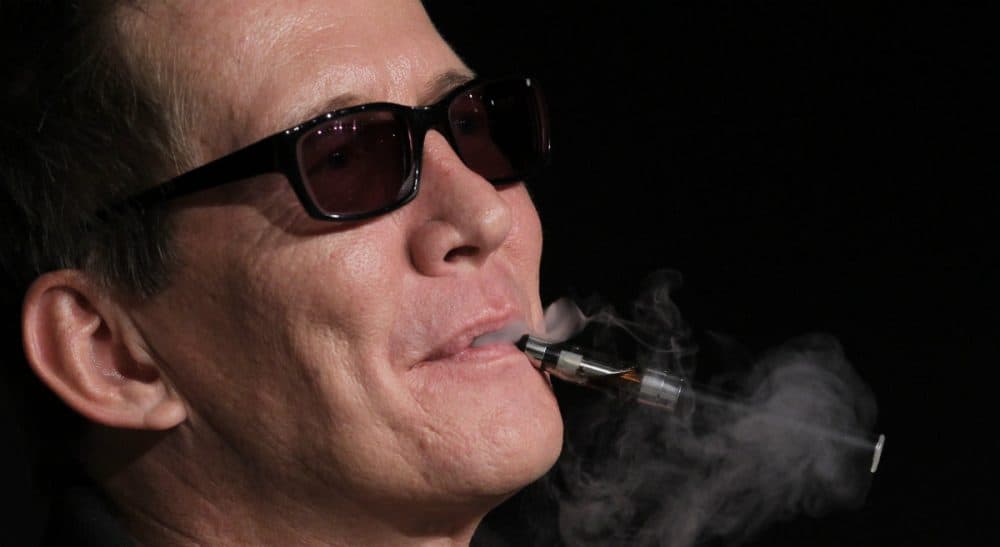Advertisement
Will Government Regulation Vaporize E-Cigarettes?

Electronic cigarettes, which deliver nicotine in the form of a vapor through battery-powered devices that often resemble traditional tobacco cigarettes, are currently on the lips not only of consumers, but government officials as well.
The dominoes are starting to fall: States are limiting both the sale of e-cigarettes and their use, placing restrictions on them that mirror the stringent regulations that have become commonplace in a zero-tobacco-tolerance world.
By all appearances, government officials are simply trying to protect the public health, as many people believe they should. But there’s another way of looking at the rush to regulation: E-cigarettes are not rendering unto Caesar the things which are Caesar’s.
That is to say, taxes.
Think about it: States are receiving megabucks every year from tobacco companies thanks to the 1998 Master Settlement Agreement that requires the tobacco industry to pay 46 states approximately $10 billion annually for the indefinite future.
There’s plenty of debate over whether electronic cigarettes make people more likely to quit smoking real cigarettes or less likely to quit, but almost no one will debate this: Government officials will likely soon be addicted to e-cig tax revenues.
Then there are the extortionate federal and state excise taxes on every pack of cigarettes sold in the U.S. (Fun fact to know and tell: In 2007, states hiked excise taxes on cigarettes by $1 billion. The 2007 increase in state alcohol taxes? $3 million.)
You see where this is headed.
Let’s begin with the co-dependent relationship between tobacco companies and the federal government. According to RJ Reynolds (who should know), 2012 federal cigarette excise taxes equaled $14.8 billion out of a total of $43.3 billion in settlement payments, federal, and state and local taxes on cigarettes.
Then there are the state and local government tobacco-money addicts. According to one estimate, their excise-tax revenues totaled $17.2 billion in 2011. That’s a lot of incentive not to fund anti-smoking campaigns.
And that’s exactly what’s happened over the past few years. Just check the headlines.
Advertisement
Tobacco industry efforts to derail effective anti-smoking campaigns (July 11, 2007)
Tobacco industry vs. anti-smoking ads (Sept. 2, 2008)
State guts funding for anti-tobacco initiatives (Aug. 23, 2011)
States Found to Shift Funds From Antismoking Efforts (Dec. 9, 2013)
According to that last report, “[various] organizations estimated that states would earn about $25 billion next year in revenue that is linked to tobacco, including $7 billion from settlements between states and leading tobacco companies.
“But the groups said that states were expected to spend only $481 million on programs intended to prevent or curb tobacco use, well below the $3.7 billion recommended by the Centers for Disease Control and Prevention.”
Can you say “cash cow”?
We knew you could.
Which brings us back to e-cigarettes, which aren’t even a cash calf at this point.
For the most part right now, e-cigarettes are subject only to state sales tax. But, according to USA Today, at least 30 states are considering excise taxes on e-cigs.
There’s plenty of debate over whether electronic cigarettes make people more likely to quit smoking real cigarettes or less likely to quit, but almost no one will debate this: Government officials will likely soon be addicted to e-cig tax revenues.
No matter how much of a drag it is on public health.
Related:
